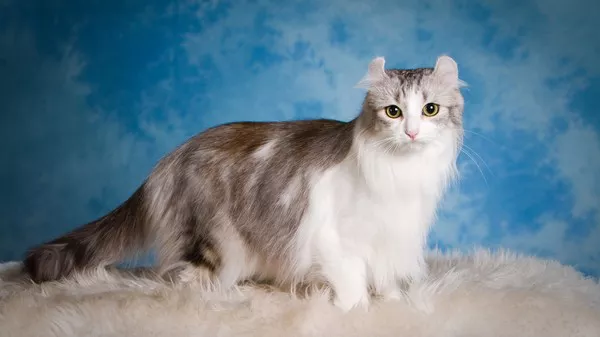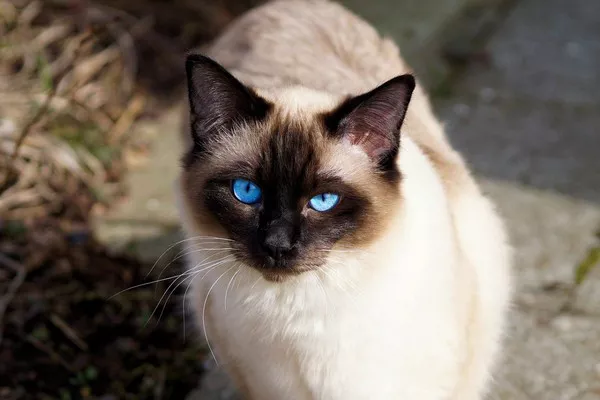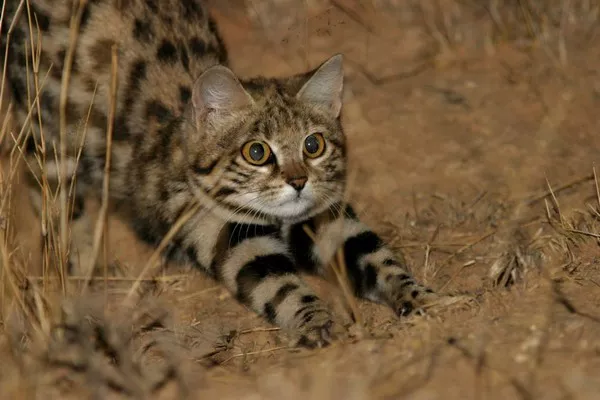Cats, with their discerning tastes and dietary preferences, often spark curiosity among pet owners about what foods are safe and beneficial for their feline companions. Pumpkin, a popular fall ingredient, has gained attention for its potential health benefits for cats. This comprehensive guide explores the question, “Can Cats Eat Pumpkin?” and delves into the nutritional aspects, potential health perks, and responsible ways to incorporate pumpkin into a cat’s diet.
The Nutritional Value of Pumpkin for Cats:
1. Rich in Fiber:
Pumpkin is a fiber-rich food, and dietary fiber plays a crucial role in maintaining a cat’s digestive health. The soluble fiber in pumpkin can aid in regulating bowel movements and preventing constipation.
2. Low in Calories:
As a low-calorie food, pumpkin can be a suitable addition to a cat’s diet for those looking to manage their weight. It provides a sense of fullness without contributing to excessive calorie intake.
3. Vitamins and Minerals:
Pumpkin contains essential vitamins and minerals, including vitamin A, potassium, and beta-carotene. These nutrients contribute to overall health, supporting a cat’s immune system, vision, and electrolyte balance.
Can Cats Safely Consume Pumpkin?
1. Plain, Cooked Pumpkin:
Cats can safely eat plain, cooked pumpkin in moderate amounts. The cooking process helps break down the cellular structures, making the pumpkin more digestible for cats.
2. Canned Pumpkin:
Unsweetened, plain canned pumpkin is a convenient option for cat owners. Ensure it is free from additives, preservatives, and sweeteners. A small spoonful can be added to a cat’s regular food.
3. Avoid Sugary Pumpkin Products:
Cats should never consume pumpkin products with added sugars, spices, or other ingredients. These additives can be harmful to their digestive system and overall health.
Health Benefits of Pumpkin for Cats:
1. Digestive Health:
The soluble fiber in pumpkin can aid in preventing constipation and promoting regular bowel movements. It can be particularly beneficial for cats prone to hairballs or digestive issues.
2. Weight Management:
Due to its low-calorie nature and high fiber content, pumpkin can be a helpful addition to a weight management plan for cats. It provides bulk without excess calories.
3. Hydration Boost:
Pumpkin has a high water content, contributing to a cat’s overall hydration. This is especially advantageous for cats that may be reluctant to drink enough water.
4. Nutrient Support:
The vitamins and minerals in pumpkin, such as vitamin A and potassium, offer nutritional support. These nutrients are essential for maintaining a cat’s overall well-being.
Responsible Feeding Practices:
1. Moderation is Key:
While pumpkin can offer health benefits, it should be fed in moderation. Excessive amounts may lead to an upset stomach or diarrhea.
2. Consult with a Veterinarian:
Before introducing pumpkin or any new food into a cat’s diet, it’s advisable to consult with a veterinarian. They can provide guidance based on the cat’s specific health needs.
3. Monitor for Allergies or Sensitivities:
Some cats may be sensitive or allergic to new foods. When introducing pumpkin, monitor for any signs of allergies, such as itching, vomiting, or changes in behavior.
Pumpkin as a Solution for Common Cat Issues:
1. Hairball Prevention:
The fiber in pumpkin can assist in hairball prevention by promoting the passage of ingested hair through the digestive tract.
2. Support for Senior Cats:
Senior cats may benefit from the nutritional support provided by pumpkin, especially in managing digestive issues commonly associated with aging.
3. Stress or Dietary Changes:
During periods of stress or dietary changes, incorporating pumpkin can help maintain digestive regularity for cats.
See Also: Are Raw Eggs Bad for Cats? [Revealed!]
Final Thoughts:
In conclusion, the question of whether cats can eat pumpkin has a positive answer, provided it’s done responsibly. As with any dietary addition, moderation, quality, and awareness of a cat’s individual needs are paramount. Pumpkin, when offered in appropriate amounts, can be a flavorful and nutritious supplement to a cat’s diet, contributing to their overall health and well-being. Always prioritize your cat’s health by consulting with a veterinarian before making significant changes to their diet, and enjoy the benefits of this seasonal treat in harmony with your feline friend’s nutritional needs.


























